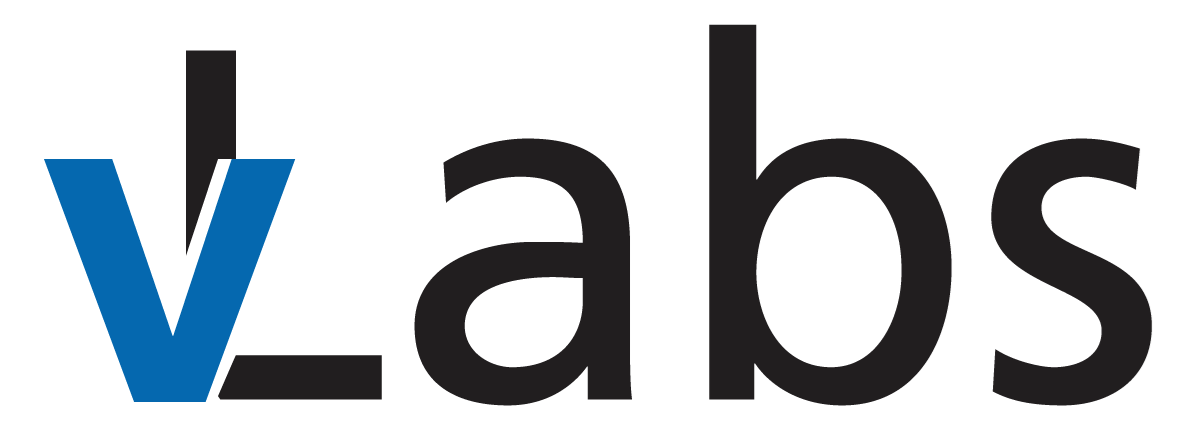General Student Recommendations
We recommend that students purchase a computer from a large, reputable brand with the following specifications:
- Microsoft Windows 11 24H2 or Apple macOS 15.5 (Sequoia) or newer
- Intel i5 or i7 processor (14th generation or newer)
- AMD Ryzen 3 or 5 (7000 series or newer)
- 16GB of RAM or more
- 500 GB or larger SSD
- 802.11 AC wireless compatibility
Computing-Intensive Programs
For students enrolled in engineering or other computing-intensive programs, we recommend a higher-performance system to ensure compatibility with resource-intensive applications such as SolidWorks, MATLAB, and AutoCAD. Minimum recommended specifications:
- Microsoft Windows 11 Pro 24H2
- Intel i7 (14th generation or newer) or AMD Ryzen 7/9 (7000 series or newer)
- 32GB of RAM or more
- Dedicated NVIDIA or AMD GPU with at least 4 GB VRAM
- 1 TB SSD
- 802.11 AC wireless compatibility
- 802.11 AX (Wi-Fi 6) wireless compatibility
Note:
These specifications are provided as general recommendations by the IT department. Individual academic departments or specific programs may have additional or different hardware and software requirements not listed here. Students are responsible for confirming any program-specific needs before making a purchase. Information Technology is not liable for purchases that do not meet the requirements of a student's academic program.
Chromebooks
While Windows and Apple laptops generally offer broader compatibility and higher performance, low-cost Chromebooks can be an excellent option for staying connected and completing basic academic tasks while keeping costs down. Listed below are some benefits of using a Chromebook while at UMass Lowell:
- Typically much lower cost compared to Windows, macOS, or iOS devices
- Usually very lightweight with long battery life
- Fast start up with minimal load time
- Integrated seamlessly with Google Docs, Sheets, Drive, and Gmail
- Cloud-based storage reduces reliance on internal storage space
- Direct access to vLabs
- Easy to maintain with minimal technical overhead



